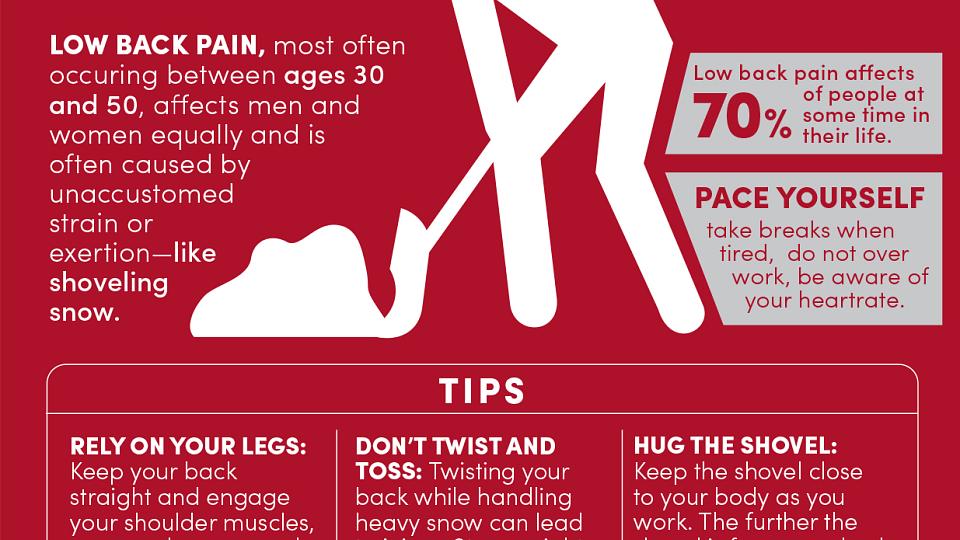
Arthroplasty
What Is Arthroplasty?
Arthroplasty is a surgical procedure used to help joints work better. During arthroplasty, surgeons resurface bones, and this helps the joint that connects these bones function better.
Arthroplasty may be recommended when the patient has one of the following:
- Osteoarthritis
- Degenerative disc disease
- Joint pain
- Spondylosis
Osteoarthritis and degenerative disc disease—for example—cause older patients to lose cartilage inside their joints. This cartilage pads or cushions joints and allows them to move easily. But after cartilage wears down, some patients need arthroplasty to smooth the ends of their bones so they can move more easily.
Find an Arthroplasty Doctor
Types of Arthroplasty: Treatment for Ankylosing Spondylitis
Patients can have arthroplasty surgery on their hip, shoulder, or knee. But when doctors use arthroplasty to treat back pain, it’s usually because a patient has a condition called ankylosing spondylitis.
Ankylosing spondylitis can cause pain and inflammation. This is because ankylosing spondylitis causes the joints and ligaments inside the spine to get stiff and inflamed. These joints and ligaments help you move and flex your spine. But when they’re inflamed, it can become harder for you to move normally.
Scheduling an Arthroplasty Evaluation
Spine surgeons at University of Utah Health are experts in these procedures that ease pain and help patients enjoy a higher quality of life. Schedule an evaluation if you feel arthroplasty may help reduce your joint pain.
Resources for Our Patients
When Should You See a Doctor for Your Neck and Back Pain?
Neck and back pain are common, but if you have recurring pain, you might wonder if there's something going that's contributing to your chronic cricks. Surgery should be a last resort. You should also ask yourself these questions before considering surgery.
Weak Bones Can Lead to Serious Back Problems
As we age, our bones become weaker, meaning we're more likely to suffer breaks, sprains, and fractures. For some people, a vertebral fracture in the spine, also known as a fragility fracture, can be caused by something as simple as sitting up in bed if you have especially weak bones.


